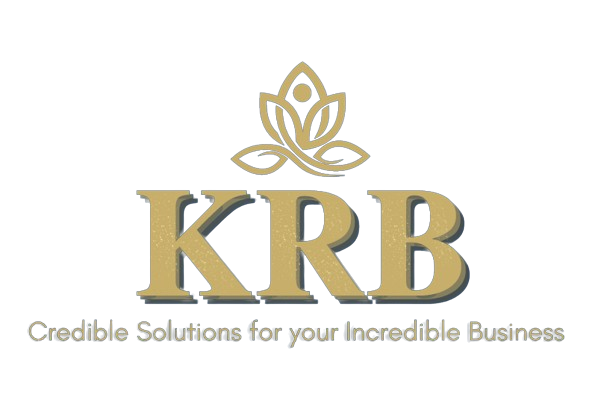Income Tax Return of NGO
Non Government Organisations (NGOs) are generally established to serve the needs of society. Their main goal is the betterment of society and its cultural values. They are not formed to earn profits. Some of the notable NGOs in India are Smile Foundation, Save the Children India, Helpage India, CRY (Child Rights with You), etc. These NGOs receive donations from the public and it is recorded as their income. But under certain circumstances, the total amount of taxable income for charitable or religious purposes can be exempted. Read below to know more about NGO tax exemptions.
Do NGOs pay tax?
NGOs with 12A-registration can claim an exemption from the income tax department. NGOs with 80G-certification attract more donors for donating funds to the organisation. NGOs without registration are taxed at regular rates.
12A – registration
For the NGO to be exempted from paying taxes on donations taken, it must be ensured that the said NGO is registered under Section 12A of the Income Tax Act (1961). Any NGO or charitable fund established before 1st April 2021 should be registered as a legit NGO under the Income Tax Act. A commissioner or a principal commissioner must be notified by an application for registration of an eligible (as mentioned in Section 12A clauses) NGO or charitable public institution. The NGO authority should also send its legal documents regarding its authenticity and objectives for the verification of its existence. After carefully scrutinizing all the given documents regarding the NGO’s legal existence, the commissioner can decide on either rejecting the application or accepting it. The income of an NGO with a 12A certificate is exempt from taxes.
80G – certification
80G is a certification that the Income Tax Department offers to NGOs which allows the donor to get tax benefits on their donations. Tax relief is not only beneficial for the donor but also for the concerned NGO, as it acts as a catalyst for donations. In order to apply for an 80G certificate, the NGO has to submit form 10G along with a report of their activities in the last three years. it should be noted that to apply for 80G certification, the organisation also essentially has to get a 12A certificate as well. A 10G application form can be downloaded online and then the assessee will need to either add a digital signature or an electronic digital code to complete the submission. In addition to these, the NGO also will have to submit a comprehensive audit report for the last three years to get the verification process done. Completion of this step ensures NGO tax exemptions to the donors.
Documents Required for Registration Under Section 80G and 12A
Documents for 80G Registration: To obtain an 80G Certificate, you need to provide the following documents:
- PAN card of NGO
- A detailed list of donors along with their PAN and complete address
- MoA and Registration Certificate in case of Societies & Section 8 Companies and a Trust Deed is required in case of a Trust
- Certificate of Incorporation
- NOC (No Objection Certificate) from the property owner if the office is located on a rented property
- Documents related to IT Returns and Book of Accounts of the last 3 years
- Form 10G
- A complete list of welfare activities
- Trust Deed, in case the NGO is a Trust
- Copy of the latest utility bills such as Water or Electricity Bills or House Tax Receipt
- A detailed list of Board of Trustees
Documents required to obtain the 12A Certificate:
- Form 10A
- PAN card of the organisation
- Documents for the creation of the Trust or NGO (Trust Deed of a Trust, Registration Certificate & Memorandum of Association (MoA) of a Society)
- Financial statements for the consecutive three years
- In the case of Section 8 Company, submit a Certificate of Incorporation and copies of MoA & AoA of the company.
IT returns of NGO
NGOs trust or other public non profit institutions have to file their income tax using ITR 7 form. These days it is required for all trusts and NGOs to file their income tax return online as it is fast, secure, and easy to use. The NGOs can either opt for a digital signature or a digital code. But NGOs responsible to get their accounts audited under section 44AB, need to furnish a copy of the return with a digital signature only.
As long as the income of a charitable trust, before claiming exemption under sections 11 to 12, exceeds the maximum amount chargeable to tax in any previous year i.e. Rs 250,000 for previous year 2022, its accounts are required to be audited. Then the due date for filing a return is 31st October of the assessment year. The due date will be 31st July of the assessment year if it does not wish to take exemption under sections 11 and 12.
Final Words
NGOs are typically such organisations that do not focus their operations on revenue returns and profits. The objective of these organisations is the welfare of the people involved and the upholding of the cause they cater to. Having said that, it is important to realise that these organisations don’t run by their own rules. Rather they follow the rules and obligations set up by the law, following which the income and donations earned by these NGOs have been comprehensively included in the purview of the Income Tax Act. And thus, it is crucial to be aware of the treatment of particulars like the income of the NGOs and NGO tax exemptions.
